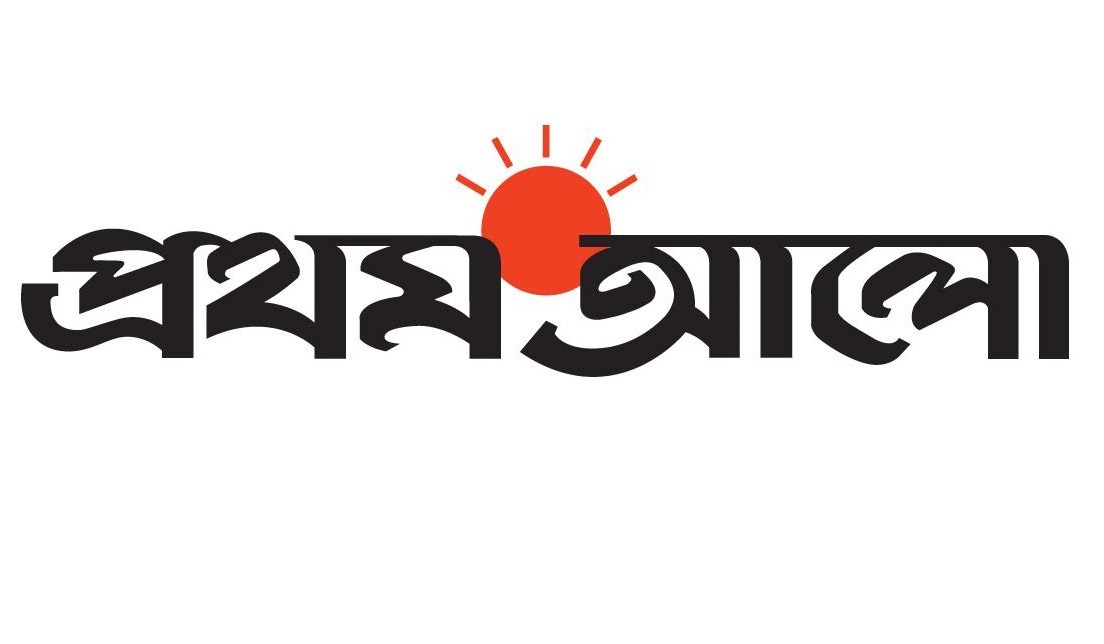
As digital ad dollars become an increasingly competitive affair for publishers, a growing number of publishers are embracing paywall - the idea of selling quality journalism.
Initially, the idea that readers would pay for journalism was eyed with skepticism. Logically so because there is so much free stuff online why should readers pay for reading a newspaper.
But the success of a host of paid publishing initiatives has proven the skeptics wrong. Consequently, a barrage of publishers is now embracing the model. Digital publications like The Information has proven the viability of the model and now mainstream media companies such as NYT, WSJ, FT and many other media outlets are trying the model.
To be clear, this is not a first-world phenomenon. There are media companies in almost every part of the world relying on readers money. Take, for instance, The Ken. The Bangalore, India based digital publication launched in 2016, has been seeing a consistent growth and has been delivering electrifying long-form journalism to its subscribers. The publication says it has been experiencing a consistent growth every month.
The wave is about to reach Bangladesh. In an interview with Future Startup, Ahteram Uddin, COO of Prothom Alo Digital, said that Prothom Alo is working on a paywall for its online e-paper and plans to introduce it soon.
“We are working on a paywall for our e-paper which was free previously,” says Ahteram Uddin. “ It will be a monthly or annual subscription basis.”
It is important to note here that Prothom Alo e-paper is the online version of its daily newspaper that simply puts its paper online as it is and no relationship with its digital site.
Mr. Uddin continues: “e-paper is a replica of our print newspaper online. It is the online version of our print paper whereas digital site is constantly updating. A few lakhs people reading it daily.
We saw an opportunity there. So we are trying a subscription there to see how it goes.
Perhaps, we are the first Bangladeshi newspaper to do that. We are doing it. We know that we have to start somewhere and we are doing it.”
This can be a game changer for the entire digital publishing industry in Bangladesh. The challenge, however, will be making sure that you create contents that readers are willing to pay for. As Mr. Uddin pointed out “in order to sell a subscription, you have to have an exclusive content. The quality of your content plays the key role. If you provide off-the-shelf content, nobody would pay you for it. People only pay for premium content. If you look at the US market, the publishers that charge for their content produce very high-quality contents.”
